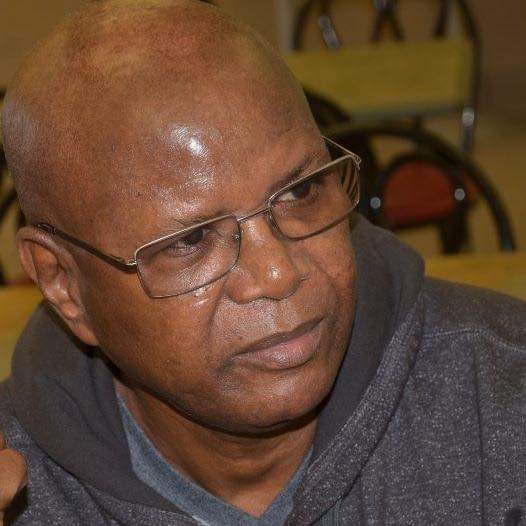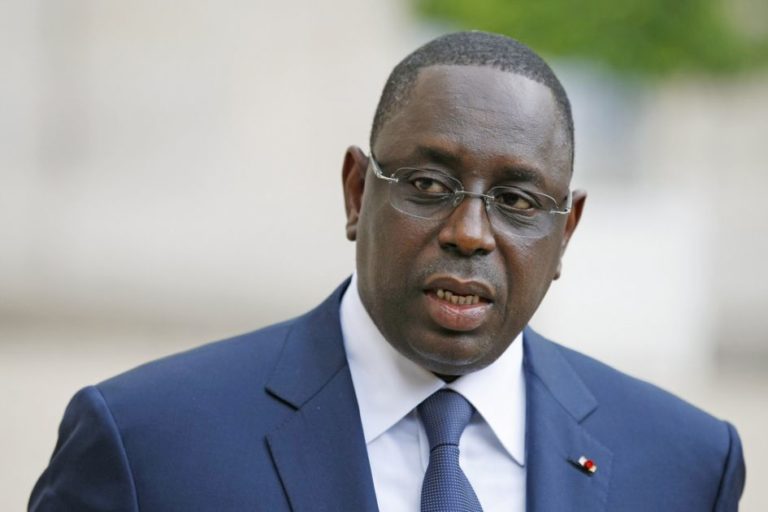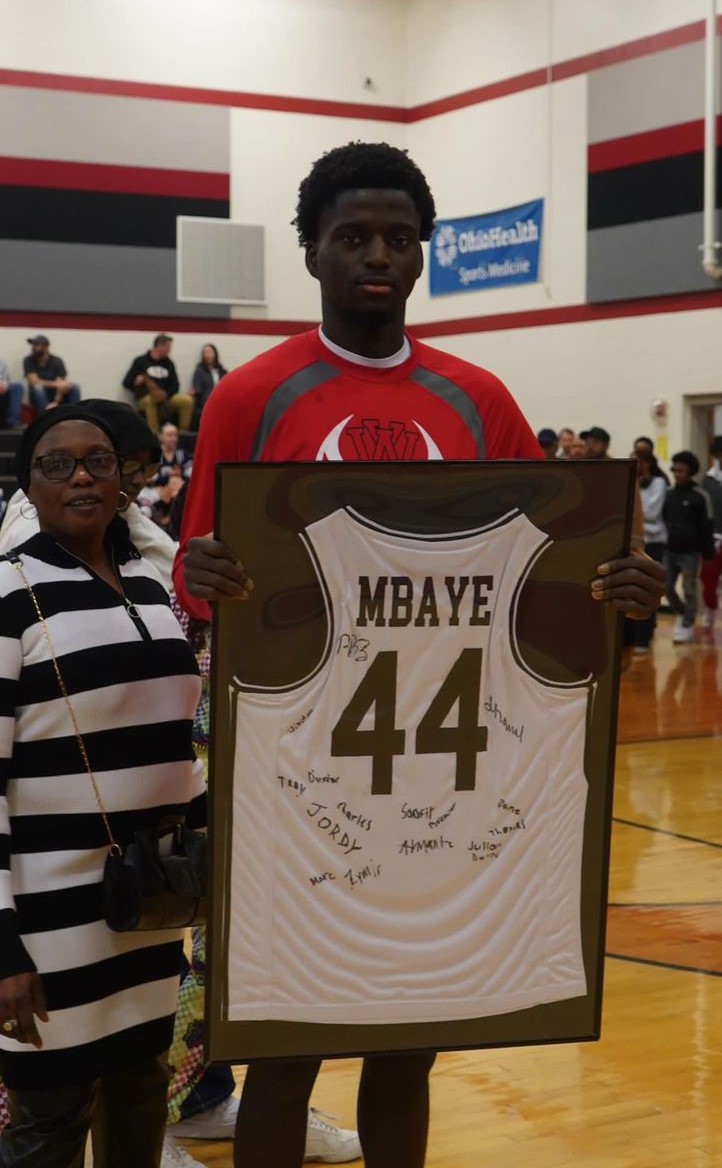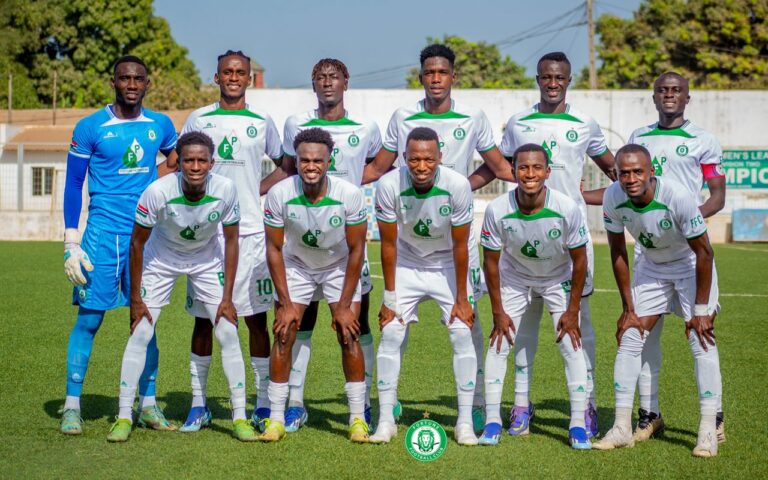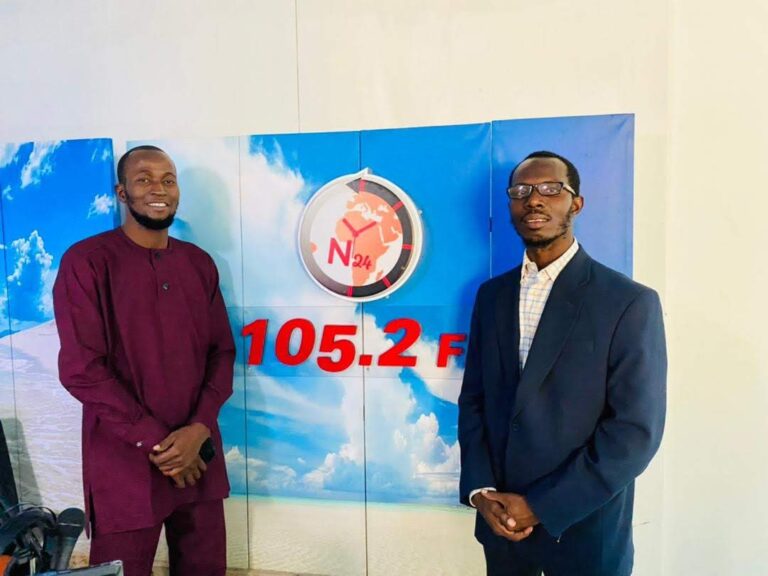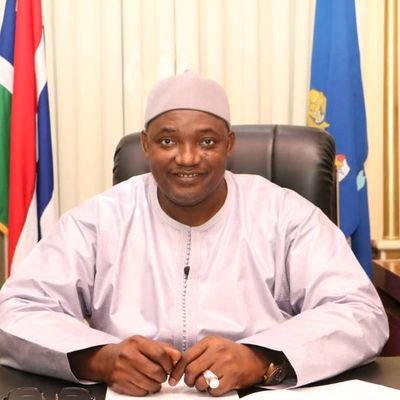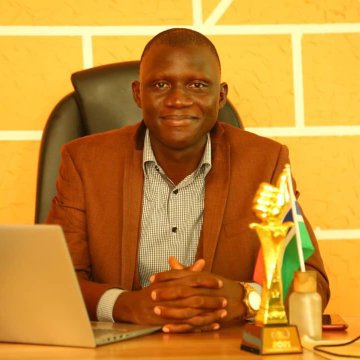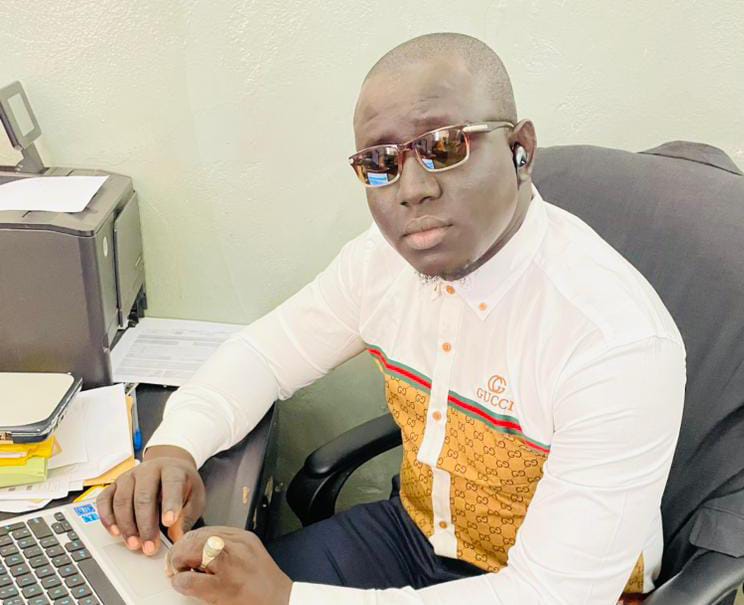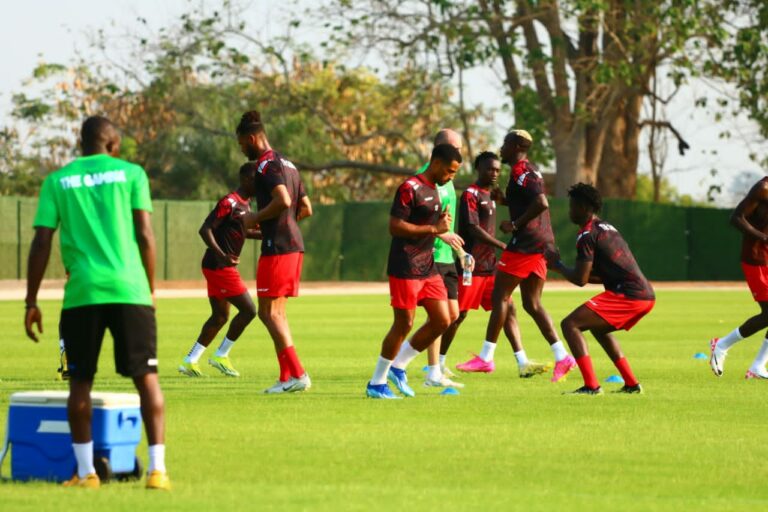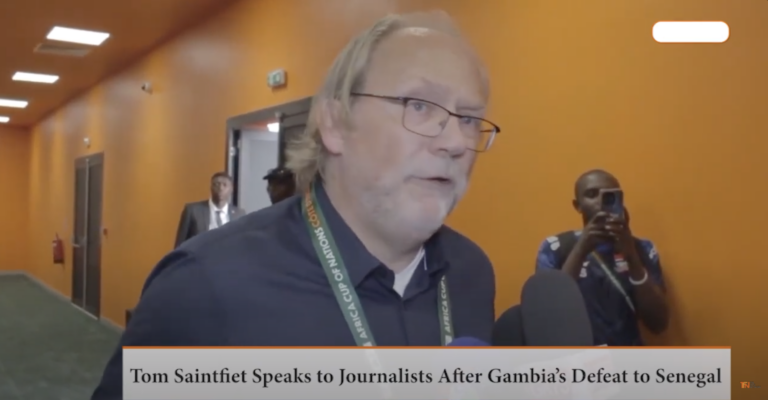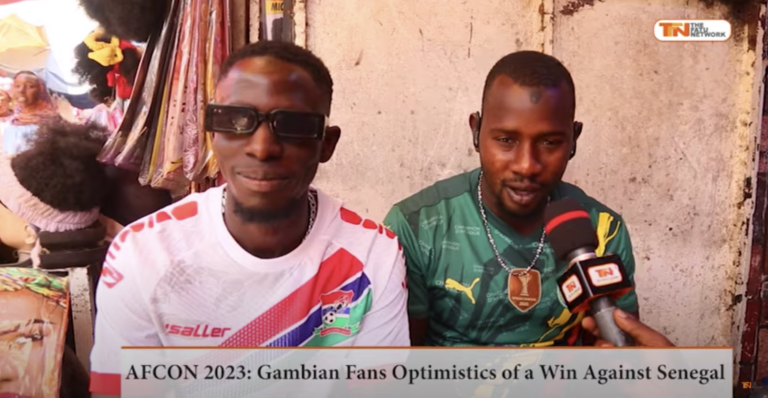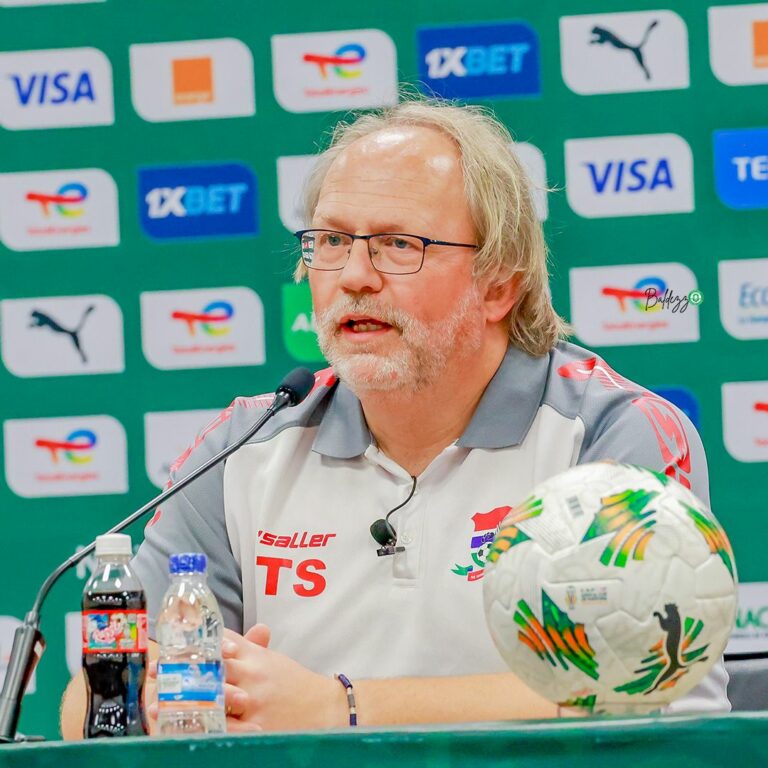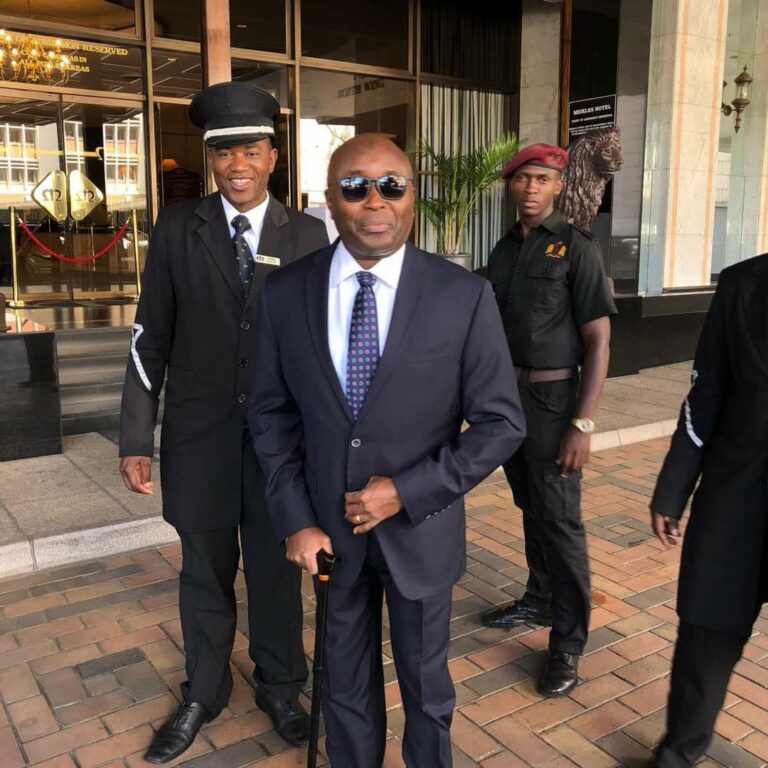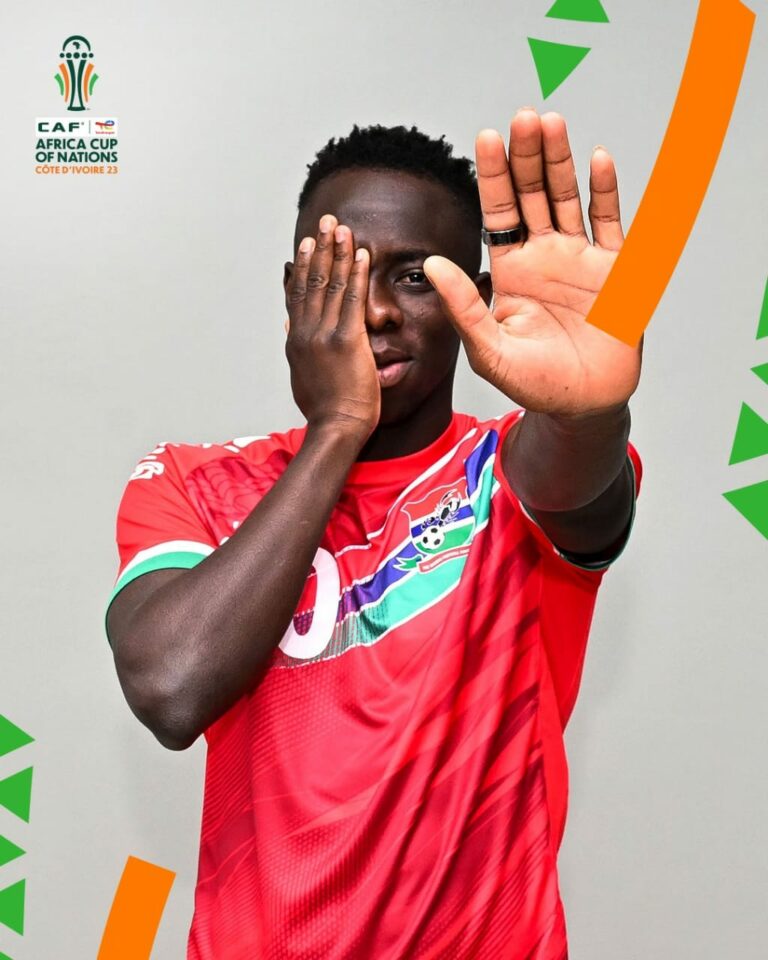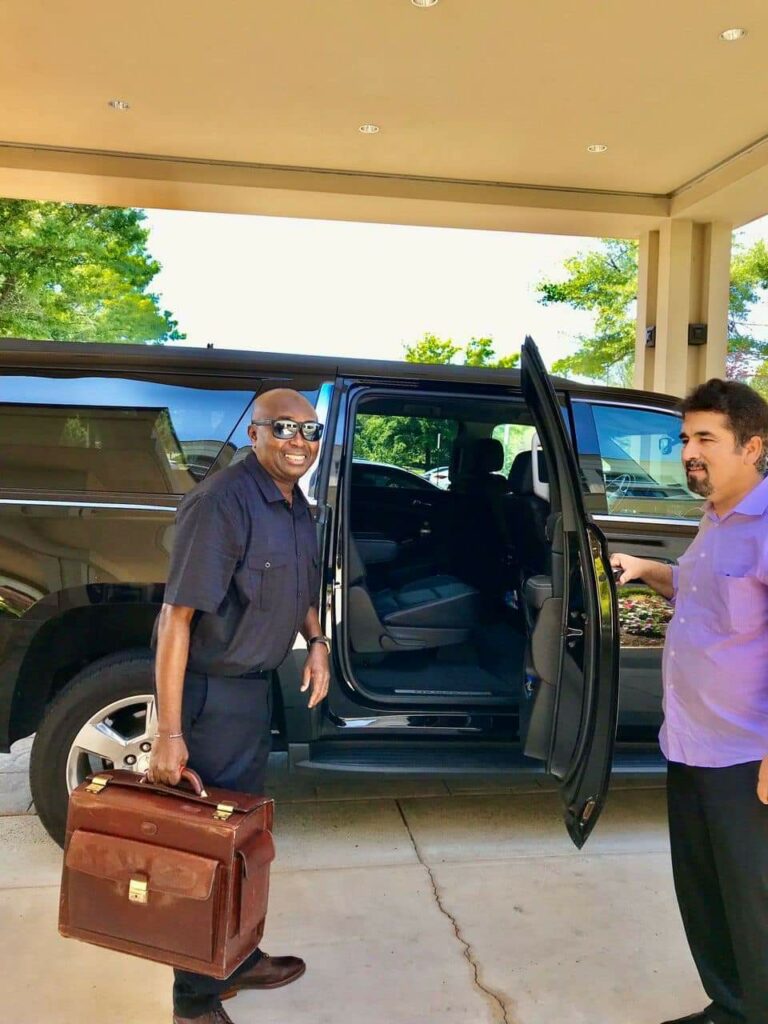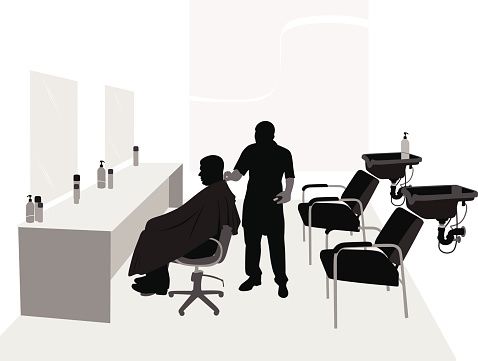OPINION
By D. A. Jawo
Bravo to President Adama Barrow and his administration for finally calling for a national dialogue with leaders of the opposition. It should have had taken place much earlier than now because regardless of whatever political differences they may have, all of them have an equal stake in the development of this country.
I had been among those constantly calling for the need for President Barrow to initiate regular meetings with the opposition leadership to discuss issues of national concern because I was always convinced that it would have quite a positive impact on national reconciliation.
It is obvious to anyone who cares for the peace and tranquility of this country that tensions have been on the rise from different quarters, particularly on the political front, and getting a meeting between President Barrow and the leadership of the opposition would definitely be a welcome antidote to such a situation.
We have all been witnesses to some exchanges of harsh invectives between militants and supporters of the different political parties, some of which seem to border on hate speech, and it behoves the leadership of those parties to try and do something about it. Therefore, if those militants at each other’s throats see the leaders of their different parties sitting around one table and exchanging pleasantries and jokes, it would go quite a long way in diffusing whatever tensions exist between those opposing militants.
However, for such a dialogue to be genuine and stand the chance of getting positive results, neither President Barrow nor those in the opposition should try to use the forum to score some political points. We should not expect the Barrow camp to use it as a means to intensify their efforts to poach members of the opposition to join his NPP with the sole objective of demoralizing them, while the opposition also should not try to use the forum for partisan political gains. The primary objective of the forum should be to address all issues that would help advance reconciliation and national cohesion.
There are obvious areas that need to be addressed if this country is to move ahead, and those areas include the poisonous relationship currently existing between the opposition-controlled municipalities and the central government. We are all witnesses to the apparent attempt by the central government and its agencies to harass the Brikama Area Council to the extent that they are not able to efficiently perform their duties. We have also heard recent complaints by the Mayor of Kanifing Municipal Council about how his council had been denied some necessary documentation to carry out certain development projects within the municipality.
There is absolutely no doubt that most of those are purely political rather than administrative, and the victims of such actions are definitely the ordinary people in those municipalities instead of their elected leaders. We should therefore expect all such retrogressive attitudes to be addressed in order for ordinary Gambians to enjoy the benefits of good governance.
The views expressed in this article are the author’s own and do not necessarily reflect The Fatu Network’s editorial stance.

